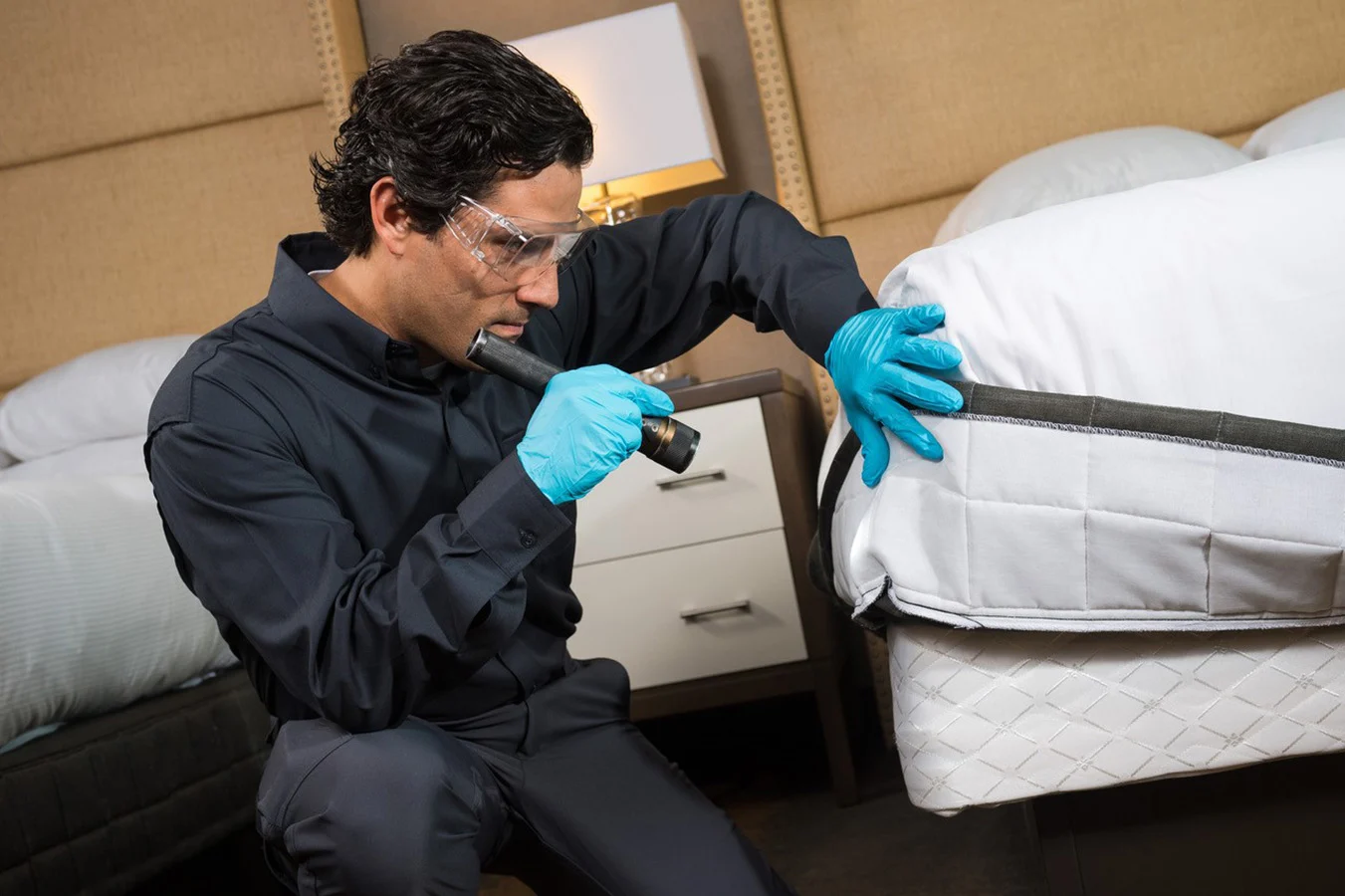What Staff Roles Support Hotel Pest Monitoring: A Comprehensive Look
Share
In the intricate world of hospitality, maintaining a pristine environment is paramount. One of the critical challenges hotels face is ensuring effective pest monitoring and control. This task is not just the responsibility of a single department but involves a coordinated effort among various staff roles. Understanding what staff roles support hotel pest monitoring is essential for maintaining a pest-free environment, which in turn ensures guest satisfaction and protects the hotel's reputation.

The Importance of Pest Monitoring in Hotels
Pest infestations can drastically impact a hotel's operations and reputation. They pose health risks to guests and staff, can cause significant property damage, and lead to negative reviews and loss of business. Therefore, proactive pest monitoring is crucial. It involves regular inspections, early detection, and prompt corrective actions to manage and prevent infestations.
Key Staff Roles in Hotel Pest Monitoring
1. Housekeeping Staff
The housekeeping team is often the first line of defense against pests. Their daily activities put them in direct contact with guest rooms and common areas, making them well-positioned to spot early signs of pest infestations. Housekeeping staff should be trained to identify common pests such as bed bugs, cockroaches, and rodents, and understand the importance of reporting sightings promptly. For more insights on the role of housekeeping in pest checks, you can visit this article.
2. Maintenance Personnel
Maintenance staff play a crucial role in pest monitoring by ensuring that the hotel's infrastructure is in good condition. This includes sealing potential entry points for pests, maintaining plumbing systems to prevent leaks, and ensuring proper waste management. Regular maintenance checks can prevent situations that attract pests, such as standing water or improperly stored food waste.
3. Front Desk Staff
The front desk team is often the first to receive guest complaints, including those related to pest sightings. Their role involves not only documenting these reports but also communicating them to the appropriate departments for immediate action. Effective communication and prompt response to guest concerns are vital in mitigating the impact of pest sightings on the hotel's reputation.
4. Pest Control Technicians
Professional pest control technicians are essential for implementing targeted pest management strategies. They conduct thorough inspections, apply treatments, and offer recommendations for preventive measures. Regular collaboration between hotel management and pest control services ensures that pest control measures are up-to-date and effective. Learn more about the latest pest control technologies used in hotels here.
Integrating Technology in Pest Monitoring
Modern technology plays a significant role in enhancing hotel pest monitoring efforts. Digital tools and software can streamline the process of tracking pest activity and managing pest control schedules. This technology allows for real-time data collection and analysis, which helps in making informed decisions about pest management strategies. Digital records also ensure that there is a clear history of pest control activities, which is essential for compliance and quality assurance. For a deeper understanding of why digital records matter in pest monitoring, you can visit this article.
Training and Awareness
Training programs are vital in ensuring that staff members are equipped with the knowledge and skills needed for effective pest monitoring. Regular training sessions should be conducted to keep staff updated on the latest pest control techniques and protocols. This includes educating staff on how to identify pest signs, understanding pest behaviors, and knowing the appropriate steps to take when pests are detected.
Collaboration is Key
Effective pest monitoring requires a collaborative approach. All hotel staff must work together, regardless of their specific roles, to maintain a pest-free environment. Open communication and regular meetings can help in sharing insights and updates on pest-related issues, ensuring that everyone is on the same page and working towards the common goal of maintaining a pest-free environment.
Conclusion
The successful implementation of a hotel pest monitoring program relies on the collective efforts of various staff roles. By understanding what staff roles support hotel pest monitoring, hotels can create a proactive approach to pest management that safeguards their reputation and ensures a pleasant experience for guests. For more information on how hotels can prevent pests from entering guest rooms, you can read this guide.

FAQs
1. Why is pest monitoring crucial for hotels?
Pest monitoring is vital for maintaining a healthy and safe environment for guests and staff, protecting the hotel's reputation, and preventing financial losses due to pest-related damages and potential lawsuits.
2. How can technology aid in hotel pest monitoring?
Technology aids in hotel pest monitoring by providing real-time data collection and analysis, streamlining communication, and ensuring that pest control measures are effective and up-to-date.
3. What should guests do if they encounter pests in their hotel room?
Guests should immediately report any pest sightings to the front desk, who will then communicate with the appropriate departments to address the issue swiftly and effectively.
